Introduction to Legal Permanent Residency
In the United States, obtaining legal permanent residency or a Green Card is a significant step toward gaining full citizenship. Legal permanent residents (LPRs) enjoy many rights similar to those of U.S. citizens, but there are specific legal distinctions that must be understood and respected. Understanding the scope of these rights is essential for navigating life in the U.S. as a permanent resident.
Rights Granted to Legal Permanent Residents
Legal permanent residents in the U.S. are granted several important rights, similar yet distinct from those of citizens:
1. **Right to Work:** LPRs have the right to work in any capacity in the U.S., reducing barriers to employment in nearly all sectors. This right allows them to seek jobs that match their skills and interests without requiring employer sponsorship.
2. **Right to Reside:** As an LPR, you have the right to live anywhere in the U.S., granting mobility across states. This allows flexibility for personal or professional reasons without additional immigration constraints.
3. **Legal Protections:** LPRs are entitled to the legal protection afforded by the U.S. Constitution. This includes due process and equal protection under the law, ensuring fair treatment in legal settings and protection against unlawful discrimination.
4. **Education and Benefits:** Access to state education and, in some cases, in-state tuition rates for higher education is another advantage. LPRs may also be eligible for certain federal and state benefits, though eligibility can vary based on residency and work status.
Responsibilities of Legal Permanent Residents
While LPRs enjoy numerous rights, they are also subject to specific responsibilities:
- **Tax Obligations:** LPRs must report and pay taxes on their worldwide income, just like U.S. citizens. Staying compliant with tax laws is crucial to maintaining your residency status.
- **Selective Service Registration:** Male LPRs aged 18-25 are required to register with the Selective Service System.
- **Maintaining Permanent Residence:** Continuous residence in the U.S. is necessary to maintain LPR status. Generally, spending more than a year abroad without obtaining a reentry permit can result in losing residency.
Limitations and Path to Citizenship
Despite the array of rights LPRs possess, certain restrictions differentiate them from citizens:
- **Voting Rights:** LPRs cannot vote in federal elections, though some local jurisdictions may allow voting in local elections.
- **Travel Considerations:** While LPRs can travel abroad, extended stays outside the U.S. can jeopardize their residency status. It’s crucial to maintain strong ties in the U.S. to preserve this status.
For those desiring full U.S. citizenship, LPRs typically become eligible to apply for naturalization after residing in the U.S. for three to five years, depending on their circumstances.
Understanding these rights and responsibilities helps LPRs make informed decisions about their lives in the U.S., contributing positively to society while considering eventual citizenship.




























